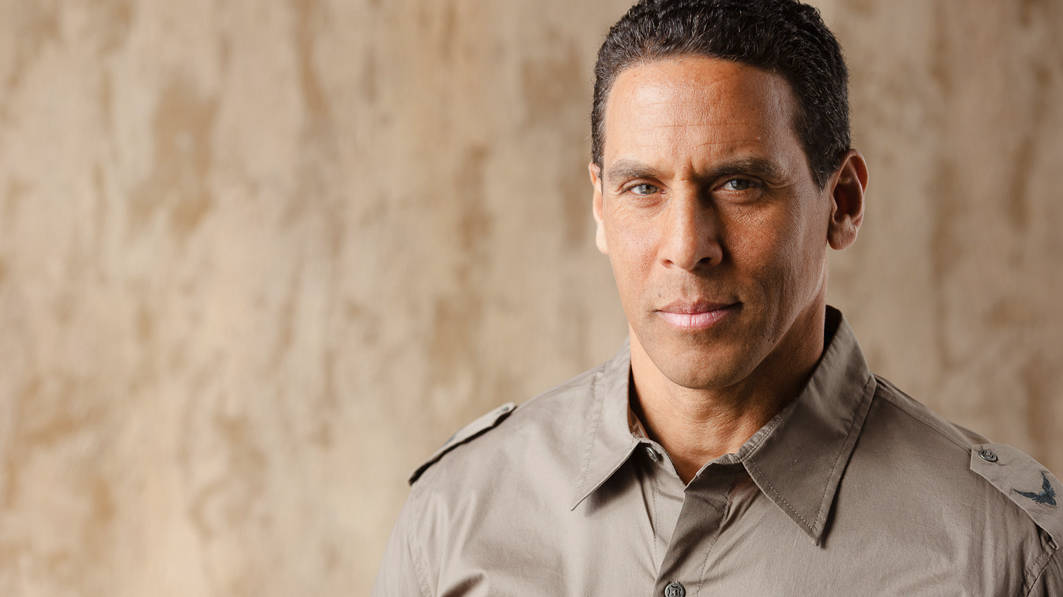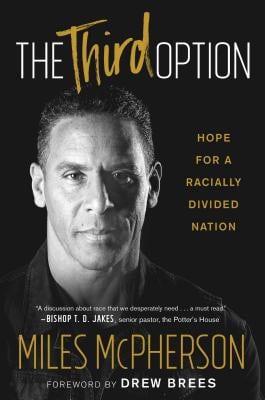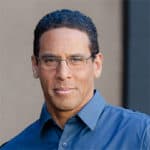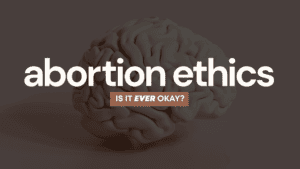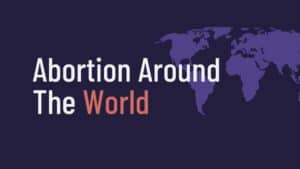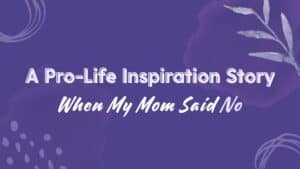Miles McPherson has had enough of shying away from the problem of racial tension in America. It’s a topic that’s widely recognized, yet rarely acknowledged. Christians should be outspoken against racism, yet many of us feel obliged to choose sides. Us vs. them. Cops vs. protestors. Blacks vs. whites.
In McPherson’s new book, The Third Option, he argues that we must rise above the issues that divide us and be part of something bigger. Instead of choosing one of two sides, McPherson believes there is a third option – one that’s proven to bring people together, mend relationships and promote genuine peace in communities.
A former NFL player-turned pastor, McPherson says we must learn to see people not by the color of their skin, but as the Lord sees them – as human beings created in the image of God.
__________________________________________________
I am the proud offspring of two Black grandfathers, a half-Chinese and half-Black grandmother, and a White grandmother. I am of mixed race, but I identify myself as Black. Consequently, the stories and feelings I share are shared through the lens of a Black man.
I’m also a former NFL player. Playing football helped me cultivate a strong sense of unity with others from an early age. I’ve always played with guys who represented all ethnicities and socioeconomic backgrounds. Football is a great tool for teaching us that what is most powerful and valuable about a person is what’s on the inside, not the outside.
A lifetime of experiences – growing up a mixed-race kid in a segregated era of our nation’s history, living in diverse neighborhoods and cities, playing on a diverse NFL team and pastoring multiethnic congregations – has given me a deeper understanding of God’s heart for His people to live in loving unity.
My highest calling is to love others the way Jesus calls us to. While I’ve failed in that endeavor more times than I can count, my greatest desire is to grow more perfect in love, especially toward those who don’t look like me. It is my earnest desire to help you do the same.
The stories and perspectives I share are meant to answer the many questions I’ve been posed as a Black pastor of a large, urban, multiracial church. Well-meaning people of all backgrounds want to understand the racial issues that divide our nation, and what they can do to alleviate them. I want to answer their questions and encourage us to honor each other and ourselves the way God does.
A Third Option
Do you find yourself getting angry or defensive when you think or talk about race? Do you look at the racial divide and wish there was a solution? If so, I want you to know that (1) you are not alone, (2) racism corrupts our souls, (3) culture promotes racism, and (4) there’s another option that can set us free.
You may despise racism, but it affects us all, whether we know it or not. And when we allow racism into our hearts and society, we minimize the priceless value of God’s image in others, which limits our ability to honor, love and serve them the way God calls us to.
Modern culture perpetuates racism by wrongly insisting that there are only two options you can choose from: us or them. God, however, offers us another option. God’s Third Option invites us to honor that which we have in common, the presence of His image in every person we meet. When we honor the presence of His image in others, we acknowledge their priceless value as precious and beloved of God. The Third Option empowers us to see people through God’s eyes, which enables us to treat them in a manner that honors the potential of His image in us.
Choosing the Third Option isn’t easy; it requires intentionality, a prayerful commitment to obedience and whole-hearted trust in God’s provision. But I promise you it’s worth the effort. When we choose the Third Option, God himself will deliver us from an us-versus-them mentality.
Works in Progress
The Third Option is more than a choice; it’s a God-given mission that directs us to honor our neighbors the way that God calls us to.
Culture, on the other hand, asks us to determine whether the issue of race is something we should even concern ourselves with in the first place. Culture does this by posing an oversimplified question – Are you a racist? – and forcing us to choose yes or no in response. A small percentage of Americans would answer yes. Most of us would say no, because we’re either unaware of or unwilling to admit our biases – biases that we all have, even if they are subconscious.
Consequently, we’re likely to answer “no” in one of the following ways:
Defensiveness: I’m not a racist. I may have some biases, but they’re all justified, and that doesn’t amount to racism.
Self-righteousness: I’m not a racist. I’m a social crusader who’s “woke.” (Woke is slang for being aware of issues pertaining to racial and social justice.)
Helplessness: I’m not a racist, and there’s nothing I can do about racism in America.
Apathy: I’m not a racist, and racism doesn’t concern me.
Uncertainty: I’m not a racist, and I’m not entirely sure what “being racist” means.
The Third Option frees us from culture’s false dichotomy by offering us the grace we need in order to admit that we are imperfect in our love for others. The Third Option opens the eyes of our hearts so that we can acknowledge biases where they exist. And the Third Option enables us to define who we want to become, so that we can wholeheartedly pursue our God-given mission to love and honor all our neighbors equally. The Third Option acknowledges that my biases will do and say racist things, but I can learn to live more honorably.
Me, You, We
I’ve seen firsthand how racism affects individuals and communities and impacts us in different ways. I’ve witnessed racism erode our ability to live in unity with others and prevent us from recognizing the loving image of God in ourselves. I believe racism can only be conquered when individuals take ownership and responsibility for their own attitudes, words and actions; when another’s experience is understood and honored; and when we decide to tackle racism together. To illustrate this, I have set up the discussion in three parts: Me, You and We.
Me: If I want to be an agent for change, I must first purify my own heart. Or, as Scripture more bluntly says, I must first remove the plank from my own eye before I can see clearly enough to remove the speck from my brother’s (Matthew 7:5). We need to ask God to reveal racial blind spots that prevent us from honoring others, what role we play in perpetuating racism, and what God is calling us to do about it.
You: With the plank removed from my own eye, I can now see you more clearly. But in order to really understand your experience, I must step out of my comfort zone and into your shoes. Walking in another’s shoes is never a comfortable experience, but it’s essential to understanding their perspective and learning how to honor them.
We: Our lives, joys, and burdens are meant to be shared in community. As Scripture says, “Two are better than one, because they have a good return for their labor. If either of them falls down, one can help the other up . . . Though one may be overpowered, two can defend themselves. A cord of three strands is not easily broken” (Ecclesiastes 4:9-12, NIV).
Choosing the Third Option can help you achieve an elevated level of honor that is consistent with the priceless value of God’s image in you and your brothers and sisters of all races and ethnicities. But in order for real transformation to occur, you must be open to a new level of vulnerability with the Holy Spirit. Unity is God’s idea and can only be achieved by the Holy Spirit’s transformation of our hearts. I ask you to join me in prayer as we seek to honor God’s heart for unity.
Miles McPherson is senior pastor of the Rock Church and Academy in San Diego, California. He and his wife, Debbie, have three children.
The Third Option: Hope for a Racially Divided Nation
Miles McPherson, founder of The Rock Church in San Diego, speaks out about the pervasive racial divisions in today’s culture and argues that we must learn to see people not by the color of their skin, but as God sees them–humans created in the image of God.
Get Your Book Today!










